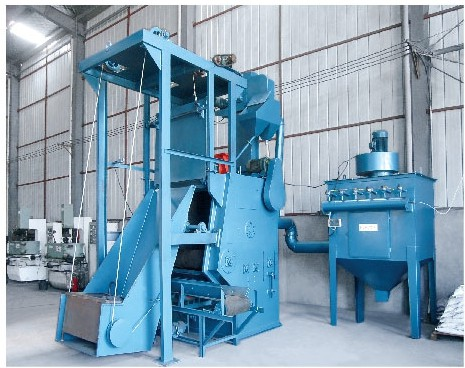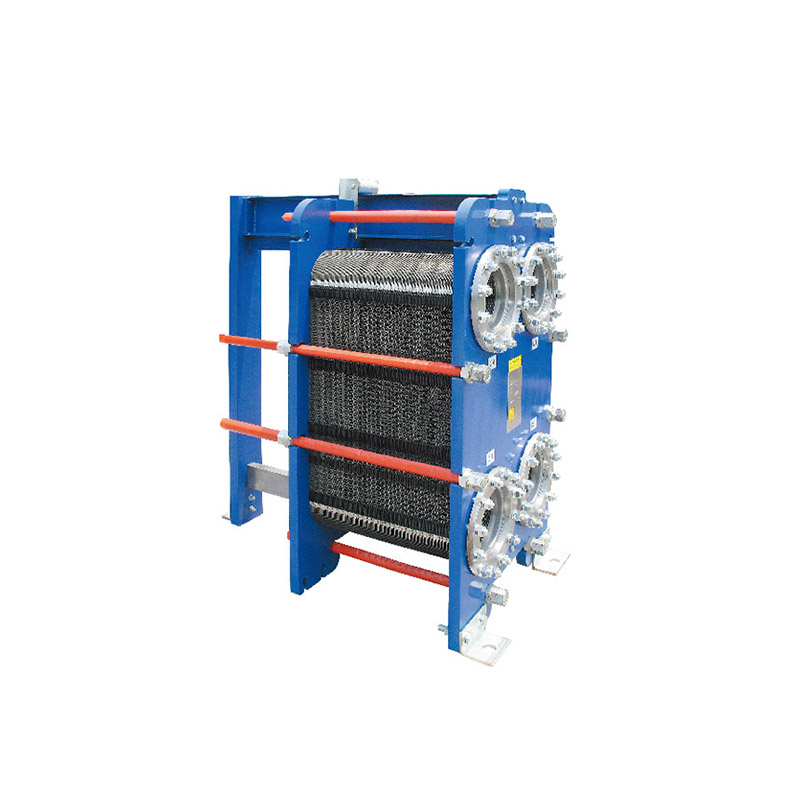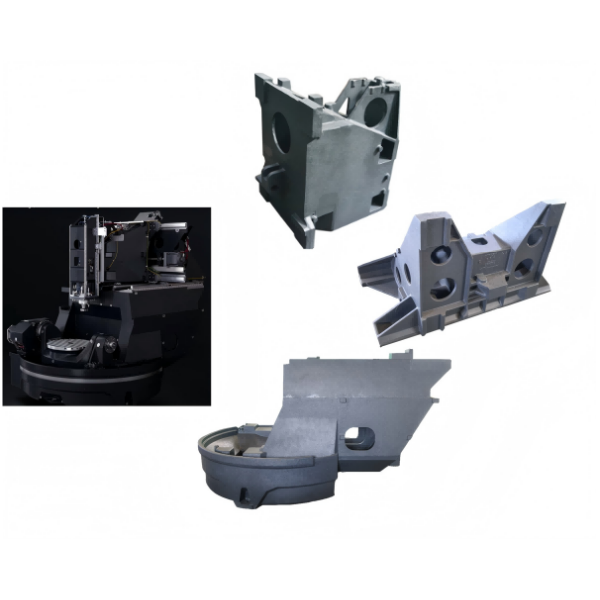In the realm of automotive engineering, fuel delivery systems play a pivotal role in ensuring optimal engine performance and efficiency. Among these systems, mechanical fuel injection (MFI) has garnered attention for its reliability and precision. A common question arises: Do mechanical fuel injection systems use an injection pump? The answer is not only affirmative but also opens the door to a deeper understanding of how these systems function and their significance in modern engines.
Understanding Mechanical Fuel Injection Systems
Mechanical fuel injection systems are designed to deliver fuel directly into the combustion chamber or intake manifold of an engine. Unlike electronic fuel injection (EFI) systems, which rely on electronic sensors and control units, MFI systems operate on mechanical principles. This means that fuel delivery is governed by the physical movement of components rather than electronic signals.
At the heart of a mechanical fuel injection system is the injection pump. This component is crucial for regulating the flow and pressure of fuel, ensuring that the engine receives the right amount of fuel at the right time. The injection pump is typically driven by the engine's camshaft, which synchronizes the pump's operation with the engine's cycles.
The Functionality of Injection Pumps in MFI Systems
Injection pumps serve several critical functions within mechanical fuel injection systems:
- Fuel Pressurization: The primary role of the injection pump is to pressurize the fuel before it is injected into the combustion chamber. This pressurization is essential for overcoming the resistance of the injector nozzle and ensuring a fine mist of fuel for optimal combustion.
- Fuel Metering: Injection pumps are equipped with mechanisms to meter the amount of fuel delivered to the engine. This metering is vital for maintaining the correct air-fuel ratio, which is crucial for efficient combustion and reduced emissions.
- Timing Control: The injection pump also plays a role in timing the injection of fuel. In MFI systems, the timing of fuel delivery is synchronized with the engine's intake and compression strokes, ensuring that fuel is injected at the most effective moment for combustion.
- Durability and Reliability: Mechanical fuel injection systems, including their injection pumps, are known for their robustness. They can operate effectively in various conditions, making them suitable for applications ranging from high-performance engines to heavy-duty machinery.
Types of Injection Pumps in Mechanical Fuel Injection Systems
There are several types of injection pumps used in mechanical fuel injection systems, each with its unique design and operational principles:
- Inline Injection Pumps: These pumps consist of multiple pumping elements arranged in a line. They are commonly used in diesel engines and are known for their high efficiency and reliability.
- Rotary Injection Pumps: These pumps utilize a rotating mechanism to deliver fuel. They are often found in smaller engines and are appreciated for their compact design and ease of maintenance.
- Distributor Injection Pumps: These pumps distribute fuel to multiple cylinders from a single pump body. They are commonly used in applications where space is limited and are known for their simplicity and effectiveness.
Advantages of Mechanical Fuel Injection Systems
Mechanical fuel injection systems, with their reliance on injection pumps, offer several advantages over electronic systems:
- Simplicity: The mechanical nature of these systems means fewer electronic components, which can lead to increased reliability and ease of maintenance.
- Cost-Effectiveness: MFI systems are often less expensive to manufacture and maintain compared to their electronic counterparts, making them an attractive option for various applications.
- Performance: Mechanical fuel injection systems can provide excellent throttle response and power delivery, particularly in high-performance engines.
Conclusion
In conclusion, mechanical fuel injection systems do indeed utilize injection pumps, which are integral to their operation. These pumps not only pressurize and meter fuel but also ensure that it is delivered at the right time for optimal combustion. Understanding the role of injection pumps in MFI systems highlights the sophistication and reliability of mechanical fuel injection technology. As automotive engineering continues to evolve, the principles of mechanical fuel injection remain relevant, offering insights into the balance between simplicity and performance in fuel delivery systems.







+ There are no comments
Add yours